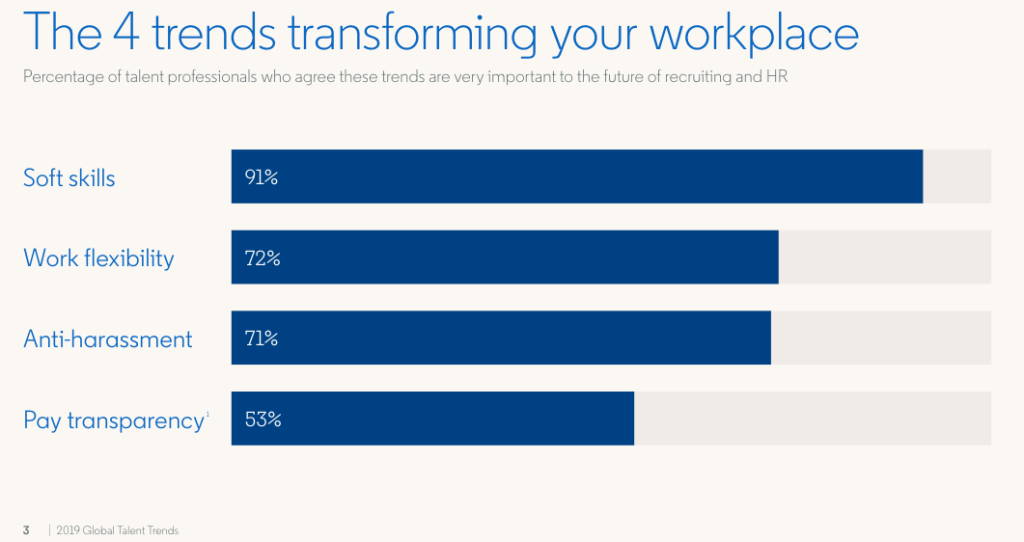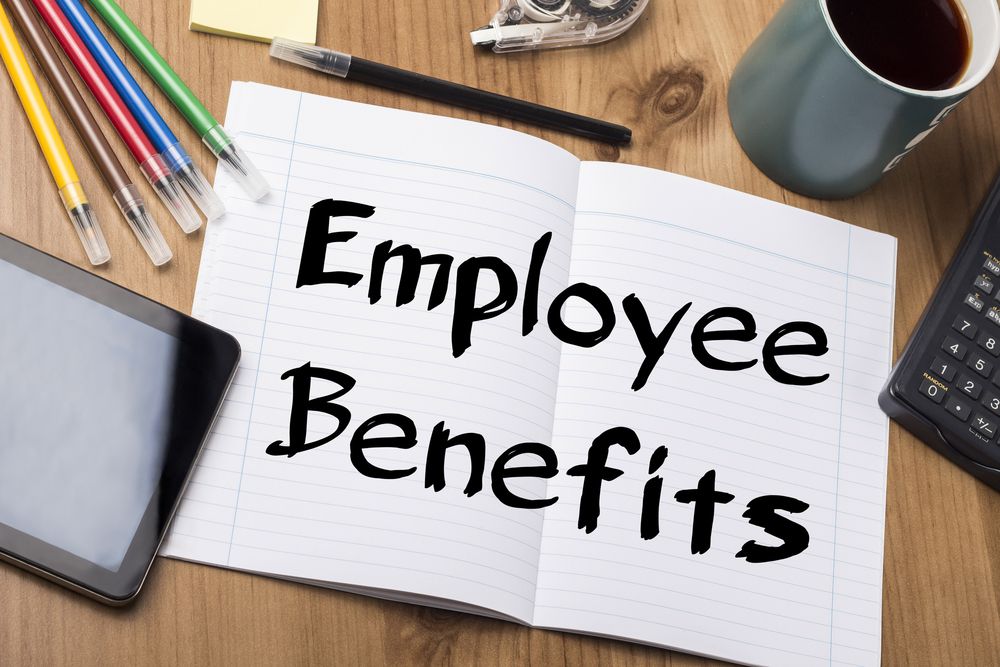If you’d ask me a year ago how well I took criticism, I would probably just have nervously laughed and admitted I would rather cut lemons with paper cuts than have my work critiqued. If this sounds like you, don’t be alarmed, you’re not alone. Many people our age struggle with criticism, especially in the workplace. I know I did. However, I discovered that while workplace criticism may seem like confrontation, most of the time it is your peers trying to help you improve, not drag you down. This is not always easy, and we must admit to ourselves that we can be too sensitive when it comes to our own work. Though it’s natural to be defensive in the face of criticism, it holds us back from improving our work and becoming better employees.
Growing up in Minnesota, I became an expert at avoiding criticism with a series of well-practiced passive aggressive defenses. Unfortunately, I discovered my well-rehearsed defenses were not helping me in school or at work. After trial and error, I came to understand that taking criticism productively means realizing the critiquer is not criticizing you as a human being, just your work. This was difficult to separate for me; here are some real examples what used to go through my mind when I received criticism
“Oh gosh, she doesn’t like my work, she probably doesn’t like me anymore”
“He didn’t like my project, he probably is going to talk badly about me now”
“She told me to do something more creative, does she think I’m not smart?”
“Well that’s it- my career is over, I published a post with a typo in it and my boss told me to fix, I’ll be fired for sure”
After looking at these thoughts, it is clear I thought my co-workers giving me feedback about my work was synonymous with their thoughts of me as a person, which was not true. Our feelings and sensitivity can be irrational. The difficult part about it is recognizing it and moving forward from it. We must realize that when we are hypersensitive, we may miss some great advice from those more experienced than ourselves. We need to understand that critiques are some of the most helpful pieces of information for our personal and professional growth and when we choose to take it as an attack rather than learn from it, the only people we hurt are ourselves.
The first step in taking criticism constructively is to determine if the criticism is indeed, constructive, or if it is just unhelpful/negative. This is crucial, so how do we tell? Well, one way to tell if the criticism is constructive is to see if the person critiquing is willing to give you concrete examples on how to improve your work. If the critiquer is unwilling or unable to give you a concrete example or further expand upon their comments, this criticism is most likely unhelpful.
Conversely, the critiquer may work closely with you and is willing to elaborate. If this is the case,ask he/she if they have done anything similar in the past, how he/she would tackle this particular project, or tell you specifically what areas could be stronger etc.. Since this person works closely with you, he or she will most likely be familiar with the project you’re working on and your process for completing work and he or she will be more credible in giving you constructive feedback.
Another common scenario is that a fellow co-worker who may not work as closely with you offers advice. Here, determining if the advice is constructive may be a bit trickier. They may not be on the same project as you, but he/she may have worked on something similar in the past and genuinely want to see you do well and improve. Again, the key question here is asking for elaboration. On the other hand, this person may be just talking to hear themselves talk, sound smarter, or to establish superiority within the workplace. While rare, this can happen. In this situation, I recommend listening politely and then choose whether or not to disregard their advice if it seems irrelevant or unhelpful.
Once you have determined what type of criticism you are dealing with, you must move forward accordingly. If the advice was deemed non-constructive, do not dwell on it, thank them for their input, then move on. Do your best not to take offense, it is rare these comments are directed to hurt, it could just be someone trying to climb the corporate ladder. However, if it is seriously offensive (ie sexual harassment, sexist, racist, homophobic etc) contact your HR department and work to resolve the conflict professionally and safely.
Alternatively, if the criticism is constructive the first step is to not psych yourself out. Remember to breathe (and cry a little bit if you need to, but then shake it off), this is not a personal attack on you, rather someone is telling you this because they want to see you improve. Do not be intimidated to ask for further information or ask them to give you specifics in order to productively move forward. Another helpful tip is to take their advice in stride; thank them for their time, re-work the project or task and reach out to the critiquer again and ask them if you have improved. Taking the criticism in stride as opposed to reacting to it with hypersensitivity has two key benefits: For one, you are demonstrating to the critiquer that you listened to them and you value their time and experience. Secondly, your work is stronger thanks to your ability to take the criticism well and move forward.
While I admit I still struggle with taking criticism constructively, I have noticed that taking these steps have made me a better person and employee. When you learn to take criticism well, your work improves as a direct result. You will become a more marketable employee because you will move on to your next task or opportunity with the ability to take criticism and turn it into something even better. You will spend less time dwelling on your mistakes and more time strengthening your work and personal brand.
At the end of the day, it is up to you:
While constructive criticism in of itself does not define you, how you move forward with it directly reflects who you are. So, who do you want to be seen as? Someone stuck in a rut because they cannot take criticism? Or a someone who is an active listener and will create even better work thanks to their ability to take it.
 Elena Moeller is currently junior at the St. Edward’s University and Intern of all trades for Proactive Talent in Austin, Texas. Being born and raised in Minnesota I grew up playing hockey, riding snowmobiles, and fishing. One thing you should know about me is that I have never been labeled as shy- I live for getting to know new people and learning new things. This has enabled me to travel the world, become fluent in Spanish, and live in Milan, Italy where I learned a bit of Italian! I find I am happiest at work when I am able to spark my creativity and create something that is useful for our company but is also an entertaining read.
Elena Moeller is currently junior at the St. Edward’s University and Intern of all trades for Proactive Talent in Austin, Texas. Being born and raised in Minnesota I grew up playing hockey, riding snowmobiles, and fishing. One thing you should know about me is that I have never been labeled as shy- I live for getting to know new people and learning new things. This has enabled me to travel the world, become fluent in Spanish, and live in Milan, Italy where I learned a bit of Italian! I find I am happiest at work when I am able to spark my creativity and create something that is useful for our company but is also an entertaining read.





